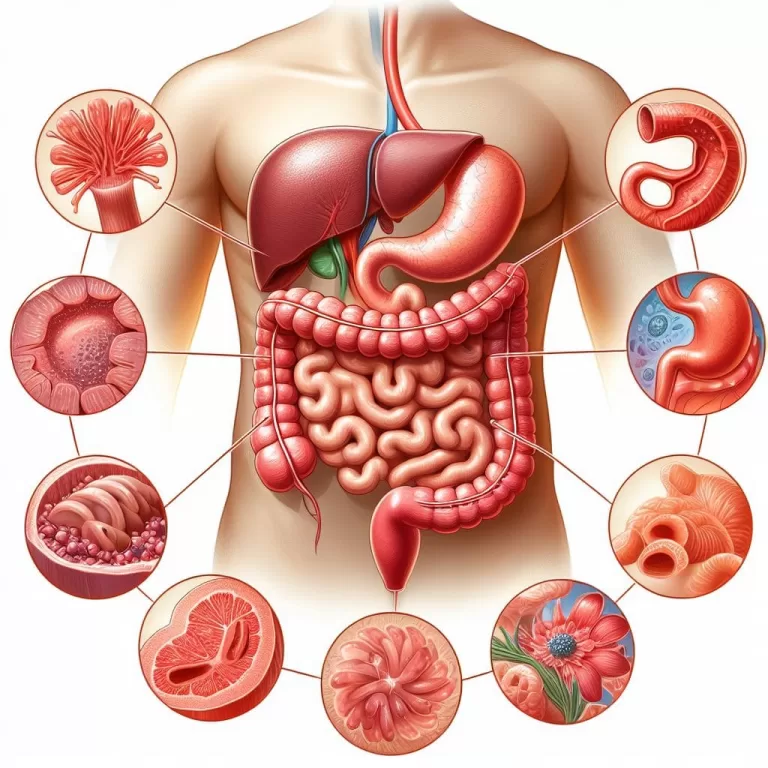Enteric Fistula
**Enteric Fistula: A Comprehensive Overview**
**Definition and Symptoms:**
Enteric fistula refers to an abnormal connection between the gastrointestinal (GI) tract and another organ or structure outside the GI tract. Symptoms may include:
* Persistent drainage from an opening on the skin or another organ
* Abdominal pain
* Fever
* Nutritional deficiencies
**Causes and Risk Factors:**
Enteric fistulas can develop due to:
* Inflammatory bowel disease (IBD)
* Diverticular disease
* Crohn’s disease
* Ulcerative colitis
* Radiation therapy
* Trauma
**Diagnosis and Treatment:**
Fistula diagnosis typically involves a physical exam, imaging studies (e.g., CT or fistulography), and endoscopic evaluation. Treatment options include:
* **Medical Therapy:** Antibiotics, anti-inflammatory medications, and nutritional support
* **Endoscopic Closure:** Non-invasive procedures using specialized instruments to repair the fistula
* **Surgical Repair:** Surgical removal or repair of fistula
* **Drainage and Care:** Management of drainage, infection prevention, and wound care
**Complications:**
Unresolved or untreated enteric fistulas can lead to:
* Infection
* Malnutrition
* Organ failure
**SEO Keywords and Expressions:**
* Enteric fistula
* Fistula-in-ano
* Gastrointestinal fistula
* IBD fistula
* Crohn’s disease fistula
* Ulcerative colitis fistula
* Fistula diagnosis
* Fistula treatment
* Fistula closure
* Fistula complications
Gastrointestinal Fistula: Types, Symptoms, Causes, Diagnosis, and Treatment

A gastrointestinal fistula (GIF) is an abnormal opening in your digestive tract that causes gastric fluids to seep through the lining of your stomach or intestines. If you have a GIF, you’re more at risk for infection when these fluids…
